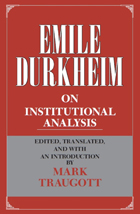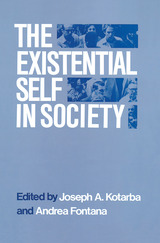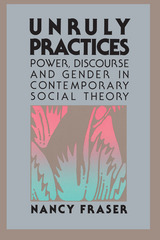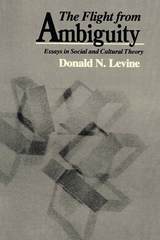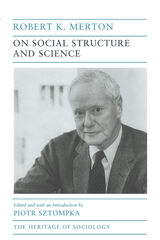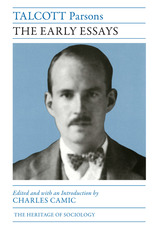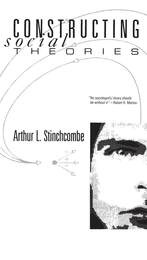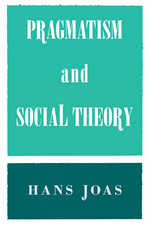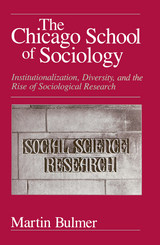Explorations in Economic Sociology
Russell Sage Foundation, 1993
Cloth: 978-0-87154-840-5 | eISBN: 978-1-61044-522-1
Library of Congress Classification HM35.E96 1993
Dewey Decimal Classification 306.3
Cloth: 978-0-87154-840-5 | eISBN: 978-1-61044-522-1
Library of Congress Classification HM35.E96 1993
Dewey Decimal Classification 306.3
ABOUT THIS BOOK | AUTHOR BIOGRAPHY | TOC
ABOUT THIS BOOK
Since the mid-1980s, as public discourse has focused increasingly on the troubled economy, many social scientists have argued the need for more analysis of the social relationships that undergird economic life. The original essays in Explorations in Economic Sociology represent the most important work in this renewed field and employ a rich variety of research methods—theoretical, ethnographic, and historical—to illustrate its key concerns. Explorations in Economic Sociology forges innovative social theories of such economic institutions as money, markets, and industry. Although traditional economists have identified markets as driven solely by the forces of supply and demand, social factors frequently intervene. Sales at auction are determined not simply by a seller's personal knowledge of customers. Shareholder attitudes and employee organization influence everything from the way firms borrow money to the way corporate performance is measured. Firms themselves operate in social networks in which trust is a crucial factor in settling the terms for cooperation or competition. Throughout the essays in this volume, the contributors point the way to developing a more healthy economy by fostering productive industrial networks, avoiding disintegration at management levels, and anticipating the consequences of the shift from manufacturing to service industries. Explorations in Economic Sociology is a pioneering work that bridges the gap between social theory and economic analysis and demonstrates the importance of this union in achieving an effective understanding of economic issues. The book should stimulate new interest in economic sociology by bringing together many of its most fundamental voices.
See other books on: Economic Sociology | Economics | Explorations | Sociological aspects | Theory
See other titles from Russell Sage Foundation

